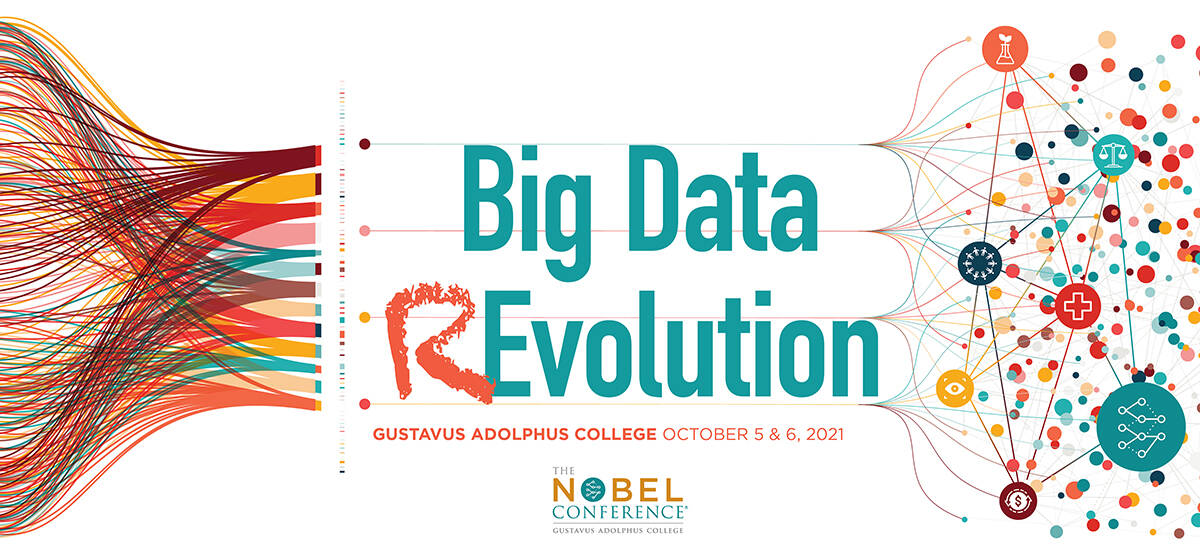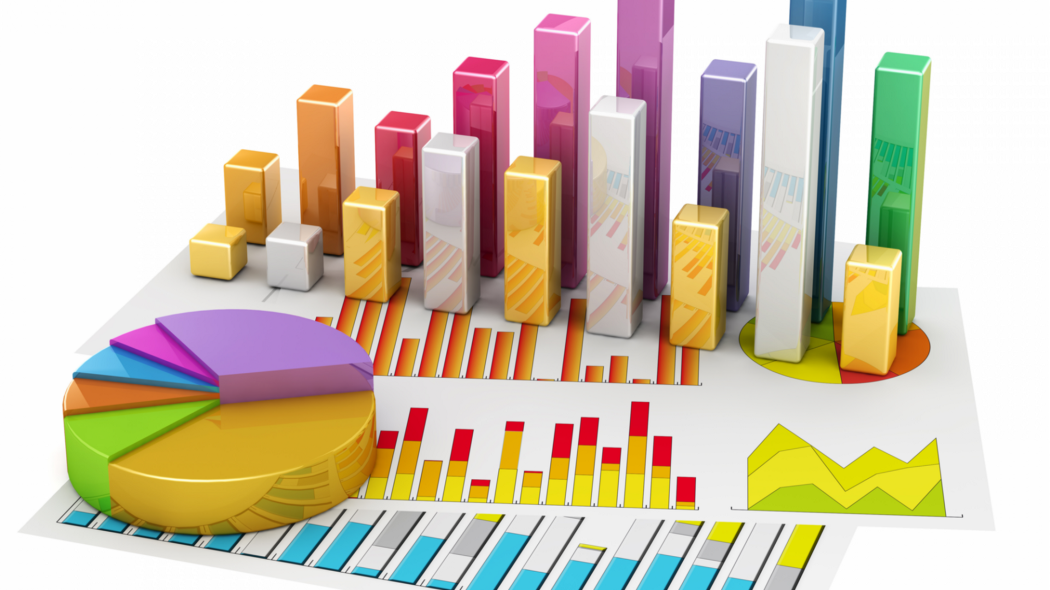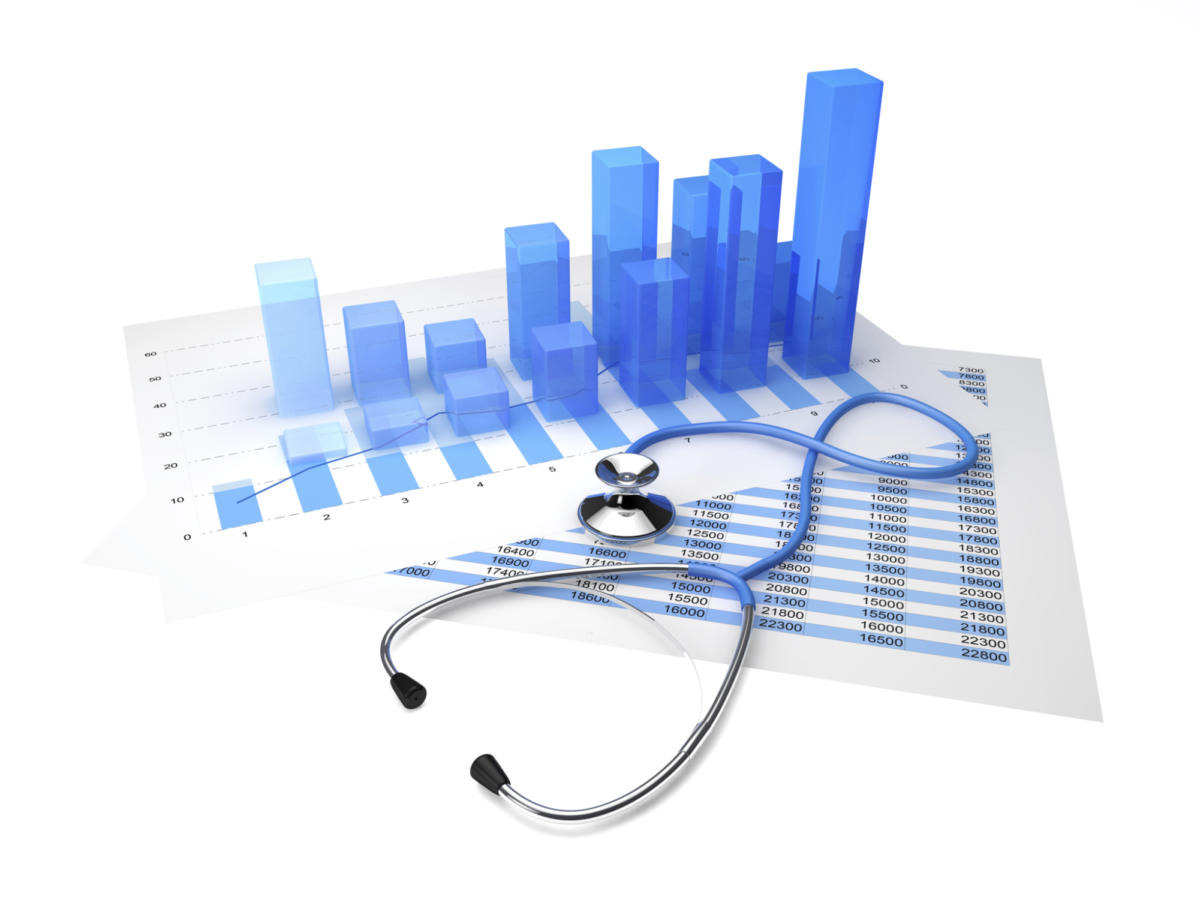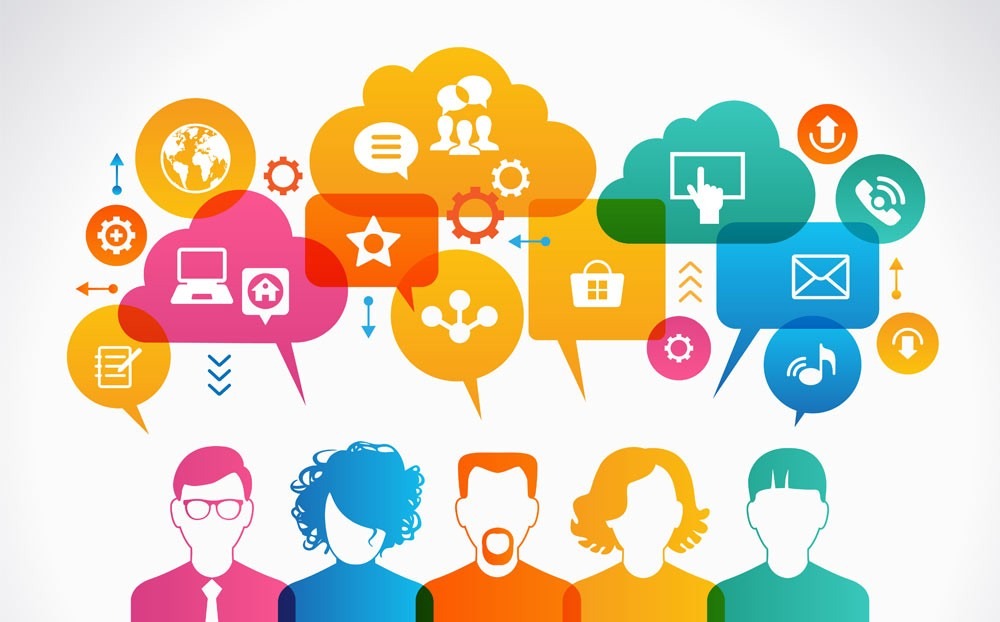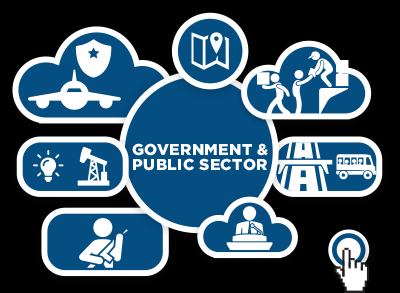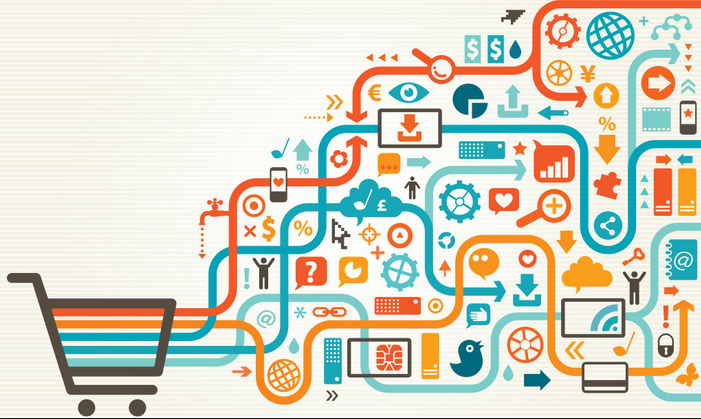Data and Social WelfareNobel Conference 57 | Resources
There is rapid growth in the ways big data is being used to improve social welfare. Historically, this data has been out of reach for the people who are best equipped to use it in order to create change. Now, however, there has been a push for increased access to such data in order for it to be used to its fullest potential.
The use of big data in social welfare is fraught with ethical challenges, many of which revolve around the question of how bias is built into the algorithms that analyze large data sets.
Big Data on Providing Insights into Public Welfare This article from Social Innovation Exchange looks at how big data informs data scientists about societal needs and concerns.
Another Side of Big Data: Big Data For Social Good. This article from Forbes explores the ways big data can be harnessed for social good.
How Our Data Encodes Systematic Racism. This article from MIT Technology Review explains how data captures a picture of systemic racism, and what that means for society.
Can an Algorithm Tell When Kids Are in Danger? This New York Times article about the use of big data to predict child abuse includes an interview with Nobel Conference speaker Rhema Vaithianathan.
Bias Detectives: The Researchers Striving to Make Algorithms Fair This article from Nature discusses the work of Nobel Conference speaker Rhema Vaithianathan.
Weak Ties: The Urban History of an Algorithm This article from E-Flux Architecture was co-authored by Nobel Conference speaker Wendy Chun.
